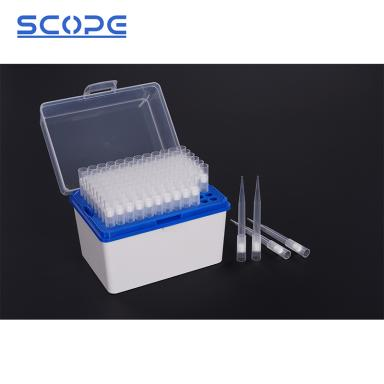Laboratory waste is any material that is generated during laboratory activities and is considered to be hazardous. This can include chemicals, biological materials, radioactive materials, sharps, and various other types of waste. Proper disposal of laboratory waste is essential to protect the environment and ensure the safety of laboratory personnel and the community. It is essential to properly dispose of laboratory waste to safeguard worker safety and the environment. If not properly disposed of, lab waste can be dangerous and pose risks to both human health and the environment. There are general guidelines for laboratory waste disposal:
- Segregate and Label Waste: Different lab waste types, such as chemical, biological, and radioactive waste, should be separated. Note the kind of waste, any potential risks, and the creation date on each container's label.
- Follow Hazard Class-Specific Procedures: Based on the hazard class of each type of lab waste, there are specific disposal guidelines. Seek advice from a hazardous waste management specialist or refer to your institution's waste disposal policies.
- Use Proper Containers: Lab waste should be transported and stored in suitable containers that are compatible with the waste type and can stop spills or leaks.
- Minimize Waste Generation: Reduce the quantity of waste produced in the lab by putting waste minimization techniques into practice. This entails cutting back on the amount of chemicals used, starting recycling initiatives, and looking into less wasteful alternatives.
- Train and Educate Personnel: Make sure that every member of the lab staff has received sufficient training on appropriate waste disposal methods, such as handling, labeling, and segregation.
For more information about lab consumables, please click here.

